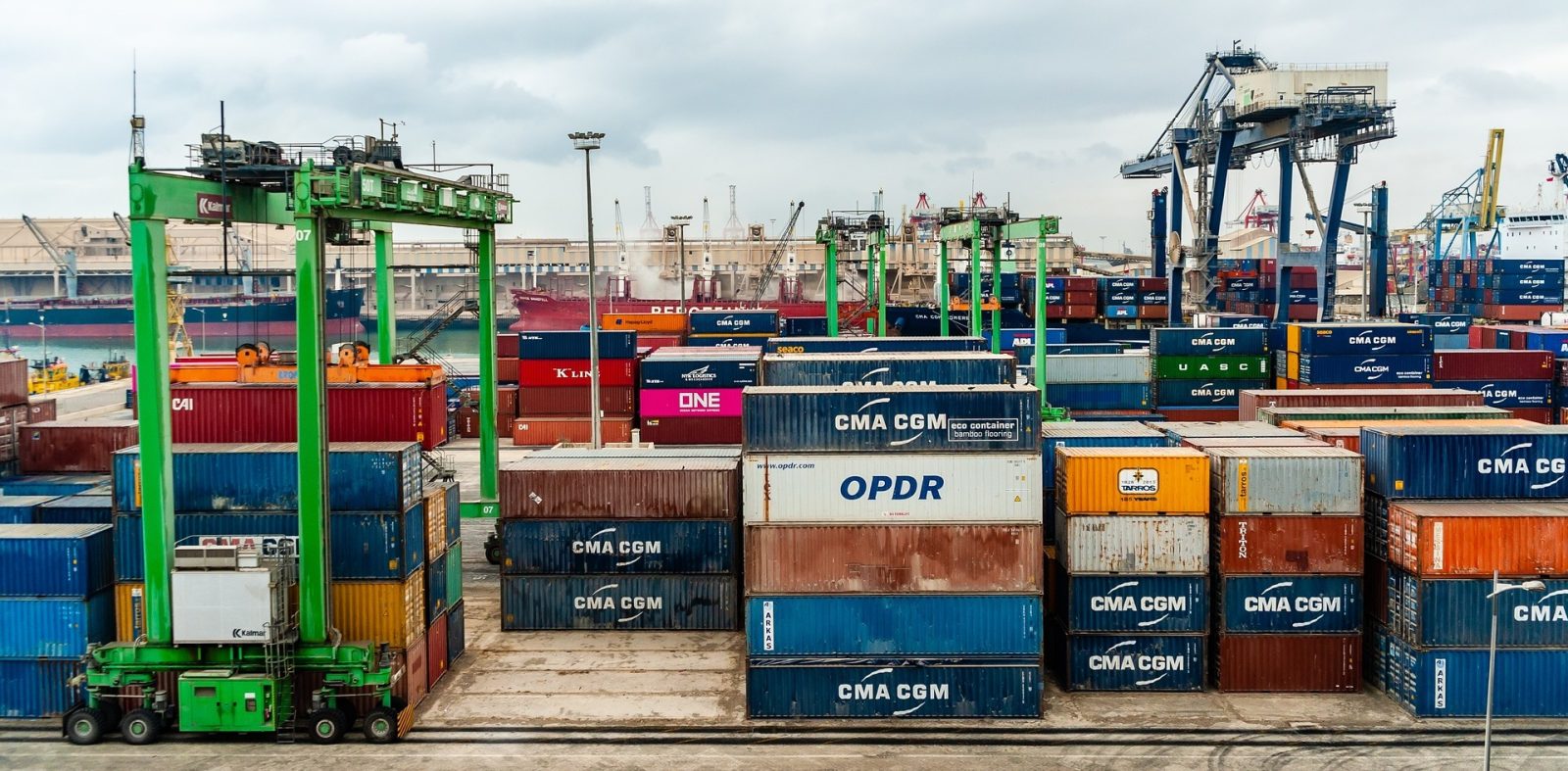
Tunisia’s main exported goods
Tunisia is a key player in international trade, exporting a variety of goods that contribute significantly to its economy. The country leverages its geographic location, skilled workforce, and natural resources to export products primarily to European and African markets. Below is a detailed overview of Tunisia’s main exported goods.
1. Textiles and Apparel
The textile and apparel industry is one of Tunisia’s largest export sectors. The country produces high-quality garments, fabrics, and finished apparel, exporting primarily to European markets such as France, Germany, and Italy. Tunisia’s competitive labor costs and proximity to Europe make it an attractive manufacturing hub for international fashion brands. Commonly exported items include denim, sportswear, and uniforms.
2. Electrical Machinery and Equipment
Tunisia has established itself as a significant player in the electrical and electronics sector. The country exports wiring harnesses, cables, and electrical components used in the automotive and aviation industries. Many global companies have set up production facilities in Tunisia, making it a strategic hub for the export of these products, especially to European nations like Germany and France.
3. Olive Oil
As one of the world’s top producers of olive oil, Tunisia exports a substantial portion of its high-quality product. Tunisian olive oil is renowned for its taste and purity, often exported in bulk to countries like Italy and Spain, where it is repackaged and sold. Increasingly, Tunisian brands are gaining recognition globally, especially in North America and Asia.
4. Agricultural Products
In addition to olive oil, Tunisia exports a range of agricultural goods, including dates, citrus fruits, and fresh vegetables. Tunisian dates, especially the “Deglet Nour” variety, are highly sought after in Middle Eastern and European markets for their superior quality and taste.
5. Phosphates and Chemicals
Tunisia is rich in phosphate reserves, and phosphate-based products, such as fertilizers and chemicals, form a significant portion of its exports. These products are primarily shipped to markets in Europe, Asia, and Africa, fueling agricultural activities worldwide.
6. Mechanical and Transport Equipment
The country also exports mechanical parts and transport equipment, including automotive components and machinery. The integration of local manufacturers into global supply chains has boosted Tunisia’s role as a reliable supplier of mechanical goods.
7. Tourism-Related Services
While not a physical export, Tunisia’s tourism services indirectly contribute to its export economy. The revenues generated from international tourists represent a form of service export, as foreign currency inflows bolster the national economy.
8. Handicrafts and Artisanal Products
Tunisian handicrafts, including ceramics, carpets, and leather goods, are highly popular in international markets. These products, steeped in tradition and craftsmanship, are exported worldwide, showcasing Tunisia’s cultural heritage.
9. Seafood
Tunisia’s Mediterranean coastline provides abundant seafood resources, with fish, crustaceans, and mollusks being exported to European countries like Spain and Italy. Fresh and processed seafood products are increasingly in demand, particularly in premium markets.
10. Renewable Energy Products
Emerging as a new sector, Tunisia has begun exporting renewable energy technologies, particularly solar energy components. This reflects the country’s ambition to diversify its export portfolio and participate in the global shift towards sustainable energy solutions.
Conclusion
Tunisia’s export economy is diverse, with key sectors such as textiles, olive oil, electrical components, and phosphates driving growth. The country’s strategic location near Europe, coupled with its skilled workforce and competitive production costs, positions Tunisia as a reliable supplier in global trade. By focusing on quality and innovation, Tunisia continues to strengthen its presence in international markets.



Leave a Reply